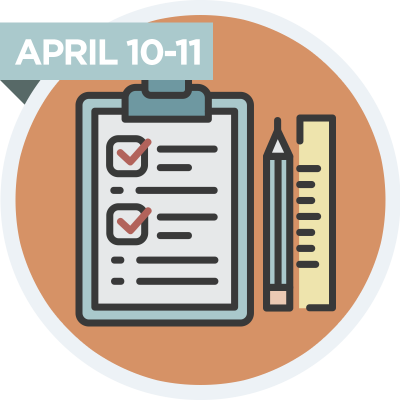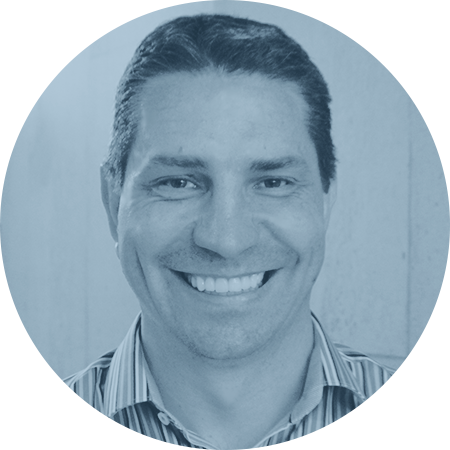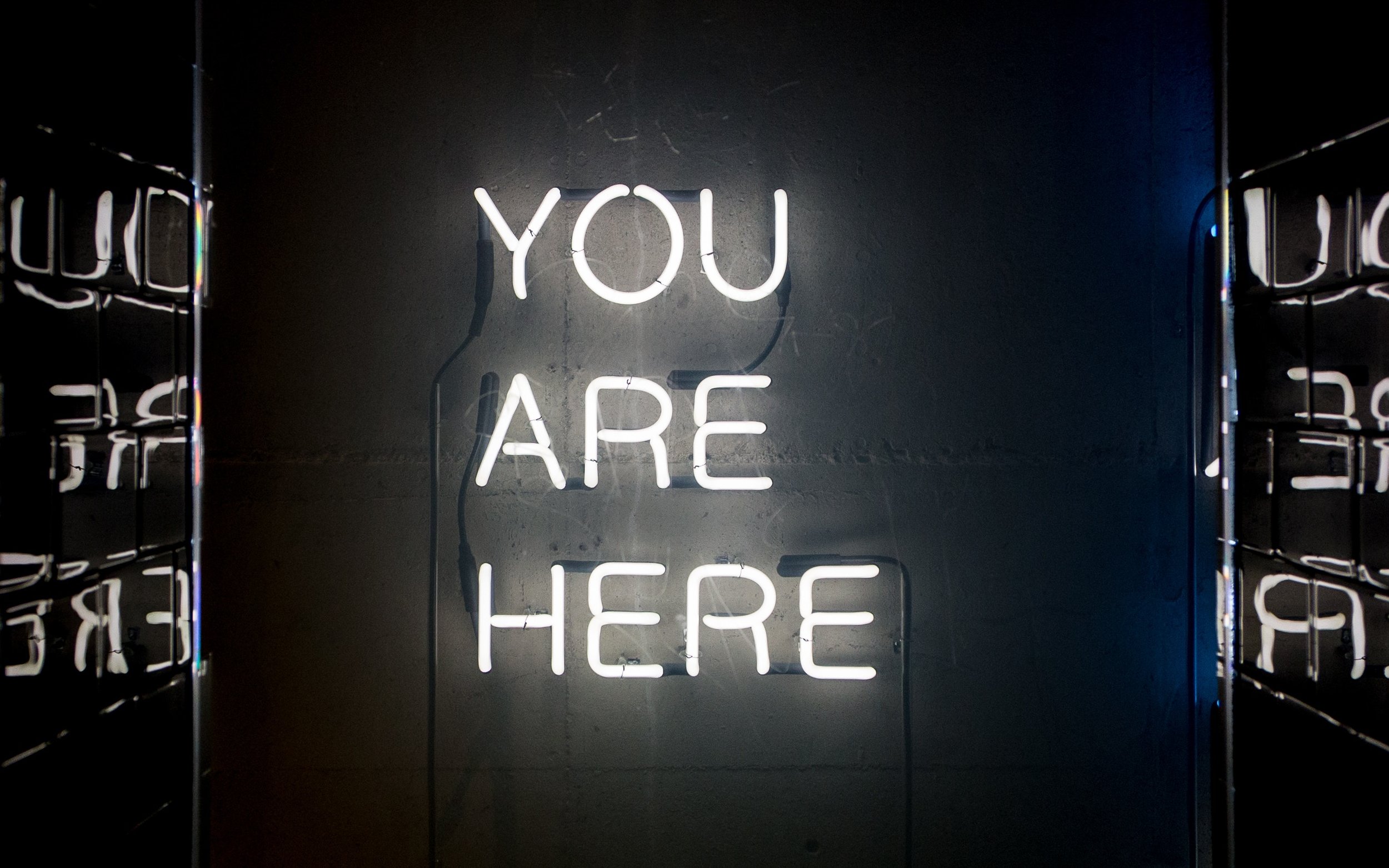During the COVID-19 pandemic, people spent a lot of time isolated and indoors, which helped foster an environment where some people now feel lonelier than ever. The result is a loss of social connectedness—the degree to which people feel the social connections and relationships in their lives to satisfy their wants and needs. When social…
Your Welcoa membership has expired.
How I redesigned the contexts of my life to change a habit (and how you can learn from my success)
Growing up in South Africa, I began smoking at the young age of 6, even though I knew it was terrible for my health.
I continued smoking through high school, knowing that it was bad for me.
I smoked during college, while becoming an actuary, fully aware that smoking kills.
While running NMG, a health consulting firm, I smoked, even though I knew it was inauthentic to our business.
When my mother fell ill, I made her a deathbed promise that I would quit smoking. And yet, within three days, I had broken that promise.
My failure to quit smoking, despite having awareness of the negative effects, motivation to quit and a desire to fulfill my promise to my mother, was a persistent challenge for me spanning multiple decades.
This got me thinking.
Why do we struggle so much to change our habits?
Even when we have knowledge, desire or motivation and a commitment to change, we often stumble.
Changing our habits can be difficult work. And when we fail often enough at something, we tend to lose faith in our ability to succeed.
I’m sure if you took a moment, you’d be able to identify a habit that you failed to create or get rid of, perhaps even after multiple attempts.
My personal quest to understand what it takes to change our habits led me to research how humans think, make decisions and act.
Along the way, I learned that habits, more than anything else, define who we are.
And over time, our consistent practice of those habits define who we become.
Using what I learned about habits and human behavior, I was finally able to quit smoking and fulfill my promise to my mother (and myself).
The first step was becoming clear about what I wanted in life.
When it came down to it, I simply wanted to be healthy, fulfilled and successful.
Then, fueled by my research, I began to identify and recognize the forces surrounding me that influenced my behavior – the contexts in which I lived.
I frequently encountered barriers and temptations that made it difficult for me to change my smoking habit.
If I wanted to be successful, I would need to purposefully design the contexts of my life in support of quitting this habit.
To make it easier to NOT smoke than to smoke, I created a series of “influence methods” that would help me overcome the barriers and resist the temptations that I typically encountered.
A Social Will-Power Contract to Boost Accountability
Because I suffered from decision fatigue and ego depletion, I was tempted to fall back on my old habit whenever I was tired or nearing the end of the day.
To combat this, I created a will-power contract with non-smoking friends by asking them to keep me on track and call me out whenever I was tempted to smoke, or did indeed have a cigarette. Their will-power for extinguishing my habit would, perhaps, always be stronger than my own!
Self-Awareness + Reframing my Story
Because I lacked awareness about my “story” around being a social smoker, I was unable to recognize that my habit was much more ingrained. I had told myself for years that I was “just a social smoker,” not someone with an actual smoking habit.
To combat this, I reframed my self-perception as someone with the habit of smoking, not simply a social smoker (who happened to be very social).
Changing my Environment to Avoid Triggers
Because I was most tempted whenever I was surrounded by smoke or other smokers, I had a difficult time keeping my commitment whenever I socialized.
To combat this, I purposefully avoided the places where I knew I would encounter smoking, such as bars. By changing my physical environment, I could avoid the trigger.
As my influence methods began to make it easier to get rid of my habit, I wondered if the same approach might work for companies and their employees, who struggle daily to change their habits.
Having successfully extinguished my smoking habit, I now see the massively important role that changing my habits has on my life, my performance at work, my role as a leader, and my future.
Where knowledge, desire and commitment fail, designing the conditions that influence our behavior can drastically improve our ability to change our habits.
And our ability to create or extinguish specific habits empowers us to design the future that we desire for ourselves, our companies and our employees.
In fact, our habits are our destiny.

Context Design Workshop
Want to leverage these concepts in your organization? Learn more from Andrew & Habits at Work with this unique face to face opportunity.

About the Author
Andrew Sykes is CEO of Habits at Work and the Founder of BRATLAB. He is a professional speaker, habit designer, formula fanatic and father. He is on fire and inspired to change the world of work.




